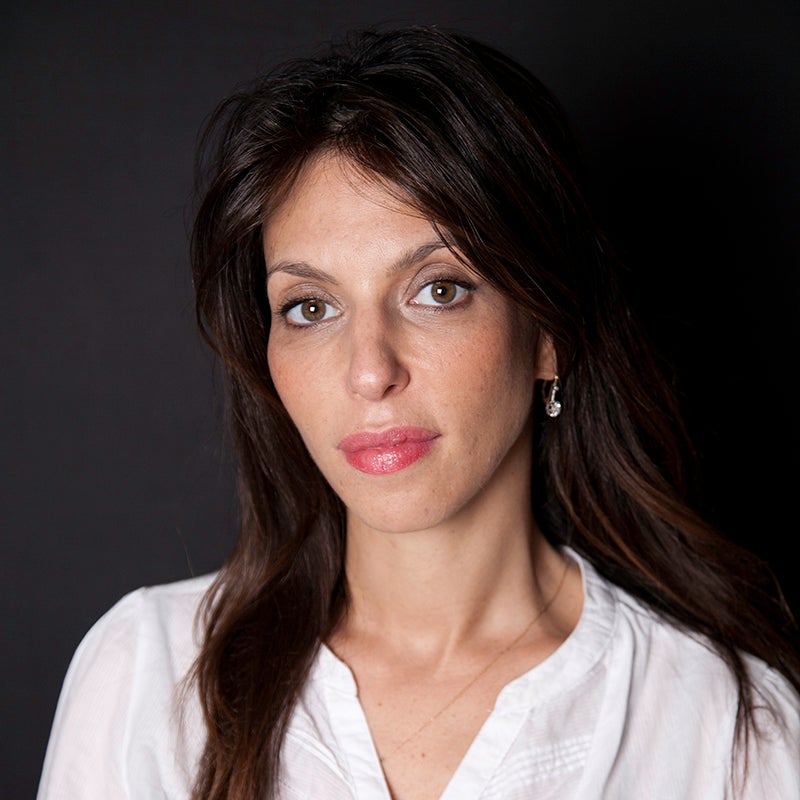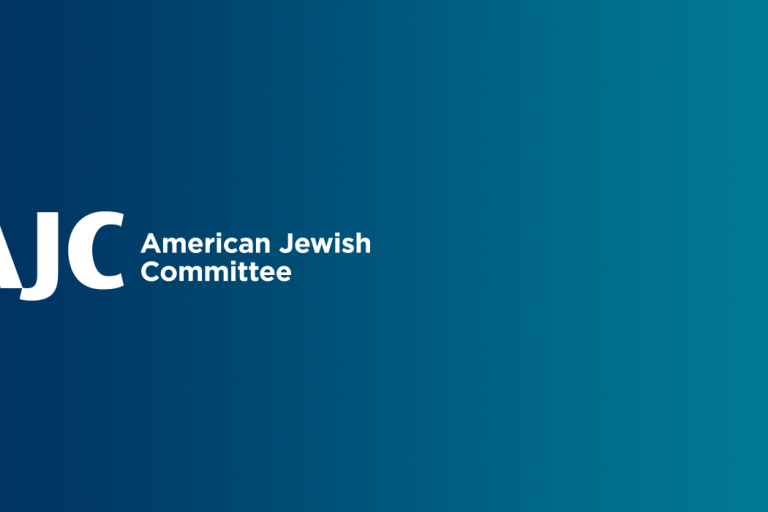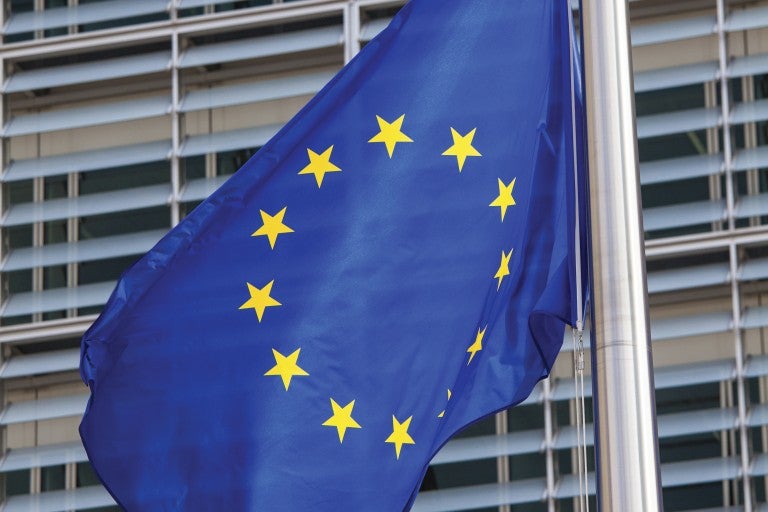July 7, 2021 — Paris, France
This piece originally appeared in Newsweek.
When Hamas won the Palestinian legislative elections in January 2006, I met a young Palestinian woman whose analysis has resonated with me ever since. "We have yearned for self-determination and freedom. Instead, Gaza gets terror and Islamism, and we in the West Bank get corruption and autocracy," she told me.
The situation in Gaza has only deteriorated since Hamas violently overthrew the Fatah-led Palestinian Authority in Gaza in 2007 and installed an Islamist regime that not only terrorizes Israeli civilians but also oppresses the Palestinians it governs.
As for President Abbas, he has not turned out to be the champion of freedom and democracy some had hoped for. While refusing to reengage in peace talks with Israel, hundreds of payments to families of terrorists have been made, and EU-funded textbooks have taught hatred and violence to Palestinian children. Corruption is deep, too; Abbas recently began the 16th year of his four-year presidency. He once again canceled elections in 2021, further preventing any kind of democratic transition from taking place.
Palestinians are frustrated and angry. In recent weeks, thousands of men and women have protested in the streets of Ramallah and elsewhere across the West Bank, particularly after one of Abbas's biggest critics, Nizar Banat, died while detained by Palestinian Authority security forces. Many Palestinian civil society activists and journalists have been intimidated and arrested, prompting some of them to publicly appeal to Europe for protection.
But despite this reality, the demonstrations in the West Bank and the ensuing crackdown have been almost entirely ignored by Western media, politicians and civil society.
The traditional champions of the Palestinian cause, those on the Far Left who vehemently protested Israel's actions in Gaza during the most recent conflict with Hamas, have remained silent. For the Palestinians publicly opposing their own government, there haven't been slogans or "Palestine will be free" T-shirts. There have been no condemnations by progressive politicians or supermodel Instagram posts.
Why do individuals who identify themselves as supporters of the Palestinian people, as torchbearers of human rights, have this incredible blind spot?
How can we explain the total apathy in the face of these recent demonstrations? How can we explain the silence over what has happened to Palestinian refugees in Yarmouk, Syria over the past decade, during which the Assad regime and allied militias killed, arrested and displaced thousands of Palestinians? Who in the West can honestly say that they even heard about this?
How can we explain the lack of interest in human rights by the same actors when Israel is not involved? Why don't we hear them speak out about the Uyghurs being cleansed by the Chinese dictatorship, about the Rohingyas being displaced by the Burmese junta, about the Kurds and Yazidis being raped and tortured in Syria and Iraq, about Iranian athletes being killed and women activists imprisoned, about Nigerian Christians being slaughtered by Boko Haram and Islamist Fulanis?
I fear that there is no explanation, other than the absence of interest by so-called pro-Palestinian activists for actual Palestinians. What they only seem to care about is a "romanticized" version of Palestinians, a David and Goliath tale, some sort of twisted reincarnation of colonial or racial resistance. That says more about themselves than about Palestinians.
For the Far Left's ideological obsession to "work," for them to feel empathetic towards Palestinians, they need for the imagined "evil," "racist," "colonizing" Israel to be part of the equation.
Israel is not beyond criticism. But this unhealthy obsession with an imagined Israel is not really about the conflict.
It's about a rather successful propaganda campaign by Palestinian leaders, their allies and multilateral institutions around the world. It's about an ideological shift on the political left in the West, in which race and other demographic categories have replaced class as the crucial axis.
And it has catastrophic consequences for Jews around the world who have become legitimate targets. They are the victims of what can only be called an anti-Zionist obsession, which demands total rejection of Israel of every Jew, lest they been seen as complicit in the "evil endeavors" of Israel.
This "Zio-centric" approach is one reason why the British Labour Party under former leader Jeremy Corbyn had become riddled with antisemitism, why we have seen this "new form" of antisemitism in Europe over the past twenty years, and why we recently saw antisemitic attacks in the streets of London, New York and Los Angeles.
But it also has terrible consequences for Palestinians, whose supporters are choosing to ignore the terrorism and tyranny that have wrecked Palestinian politics and have provided cover for a political structure in Palestine that they would never accept for themselves.
Finally, it has negative consequences for human rights across the world in general. From its inception in 2006, the UN Human Rights Council has only had one separate and permanent agenda item, and it's the one dedicated to Israel—not North Korea, not Iran, not China, not Venezuela. Out of the 24 sessions that criticize countries, more than 35 percent have targeted Israel. This obsession with one country is not only unfair to Israel but also means the UN Human Rights Council continues to ignore many human rights violations throughout the world.
The saying "No Jews, No news" unfortunately describes this worldview all too well. What is at play has less to do with the world of politics than with the world of psychology, and less to do with Israel than with those obsessed with Israel.
It is only if we understand how this logic operates and the consequences it has for Israelis and Palestinians, for Jews in the diaspora and for the forgotten conflicts around the world, that one can effectively fight back. The sooner the better.
Simone Rodan-Benzaquen is Managing Director of American Jewish Committee (AJC) Europe.



